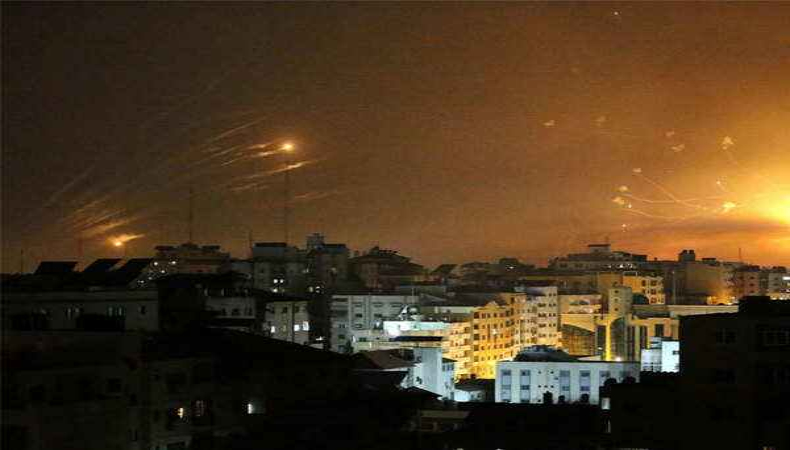Palestine, how we got to this escalation

In recent days, the situation between Israelis and Palestinians is witnessing an escalation of events and violence, as reported by the major international media. One wonders how such an escalation was reached, in this short time, we will try to provide a key to understanding.
First of all, it must be said that the current situation in the occupied Palestinian territories arose from the concomitance of some factors: the precarious political stability that characterizes the region and in particular the parties involved, namely Israelis and Palestinians, played a fundamental role. On the Palestinian side, leader Abu Mazen arbitrarily decided to postpone the elections, sparking protests. On the Israeli side, the premier, Benjamin Netanyahu, has failed in the goal of creating a stable government, thus giving the possibility to his political antagonist, Yair Lapid, journalist and founder of the political party Yesh Atid, to be able to access power and try to form a strong and stable executive.
In addition to these internal factors, we should not forget the general situation of the region, in particular, the role played by Iran which is pursuing, both internally and internationally, an aggressive line of conduct that can strengthen it in the short term. These elements fuel instability in the Palestinian territories.
Returning to the demonstrations that have been animating Jerusalem for a few days, they originated, according to official sources, due to the postponement of the Palestinian elections, and at the same time, they are the justification by the Palestinian authorities not to direct them, therefore the classic case of the cat biting its tail. Jerusalem with its baggage of millenary history, of religious symbolism, in this period of Ramadan, is even more imbued with religious value. The demonstrations and the Israeli response can create serious problems for both sides, a crisis that can be short but also medium and long term, in an escalation of violence that could become uncontrollable.
These events could mark the beginning of a period of heated confrontation and consequent chaos. The issue at stake is much broader than it might at first seem, it is not just a question of stifling protests, of pursuing a policy of eliminating the Arab cultural identity of some districts of the city Sheikh Jarah, from which Israel tries to expel the residents, but it wants to change the symbolism of the city.
For public opinion, the protests were somewhat of a surprise, because in recent months, particularly after former President Donald Trump recognized Jerusalem as the Israeli capital and moved the American embassy there, the situation has not created very serious international repercussions, if not simple formal grievances. Today the situation that is being experienced in Jerusalem, on the other hand, takes us by surprise and the prospect is that the situation may not be limited to the city only.
In fact, in a few hours, the situation has assumed more decisive proportions, the Hamas movement has taken the field, with its missiles, and has transformed the protests into a pseudo-war, creating a situation of strong tension and emergency for Israel. faced with only one possible choice: military intervention. It is only necessary to decide the intensity of the intervention, which could materialize either with the usual air and missile raids or in a more incisive action that would prefigure the invasion of the Gaza Strip or some of its areas. The latter strategic choice is warmly supported by Israeli extremist parties, and in this time of strong political instability and liquidity, they could become important factors that Netanyahu could exploit in the case of Lapid’s bankruptcy. In this eventuality, the Israeli leader could remain in power until next September, that is, until new elections.
Moreover, given the factors at stake, this situation tends to increase the escalation, also in consideration of the position of Hamas which must emerge victoriously, strengthen itself, given that in the absence of elections the Islamic movement loses consensus and political momentum due to the difficult living conditions in the Gaza Strip. For each problem there is always a possible solution: an international intervention mission could be conceived and organized for the city of Jerusalem, aimed at safeguarding its multi-ethnic and religious identity. It would be necessary to call elections in the Palestinian territories as soon as possible to create a stable system, politically and socially, in which political actors currently excluded from dialogue can make their contribution. Western countries should have a look – not only for oil and resource exploitation – throughout the region, as there are already highly dangerous outbreaks of instability at the local and national level. Quick action to guarantee the Palestinians rights is needed to make the situation stable and safe.




